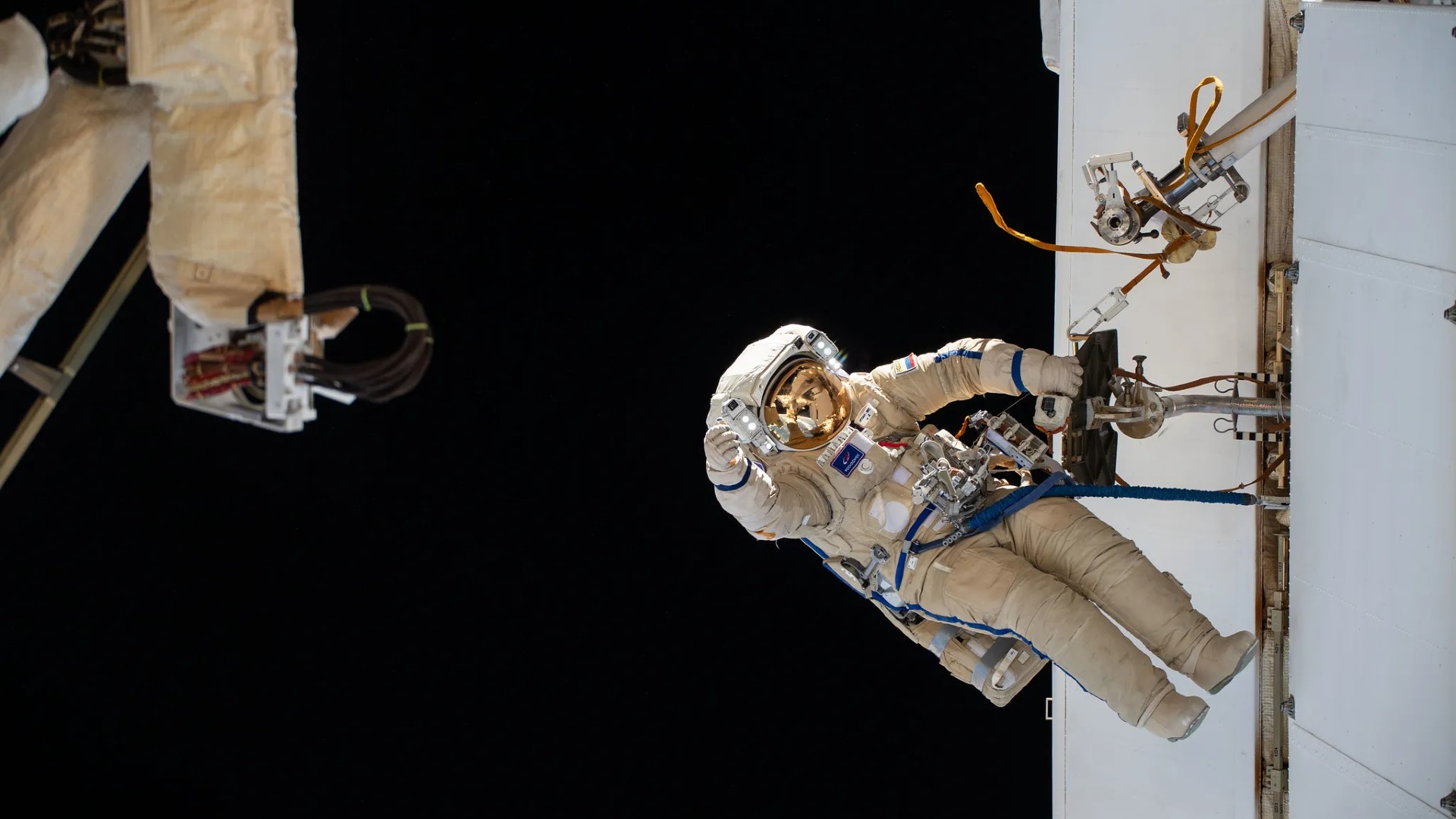Watch Rocket Lab try to catch a booster with a helicopter during launch Monday
Breaking space news, the latest updates on rocket launches, skywatching events and more!
You are now subscribed
Your newsletter sign-up was successful
Want to add more newsletters?

Delivered daily
Daily Newsletter
Breaking space news, the latest updates on rocket launches, skywatching events and more!

Once a month
Watch This Space
Sign up to our monthly entertainment newsletter to keep up with all our coverage of the latest sci-fi and space movies, tv shows, games and books.

Once a week
Night Sky This Week
Discover this week's must-see night sky events, moon phases, and stunning astrophotos. Sign up for our skywatching newsletter and explore the universe with us!

Twice a month
Strange New Words
Space.com's Sci-Fi Reader's Club. Read a sci-fi short story every month and join a virtual community of fellow science fiction fans!
Editor's note: Rocket Lab has delayed the launch of its "There And Back Again" Electron booster recovery mission to no earlier than May 2 due to weather.
Rocket Lab will try to notch a huge and dramatic reusability milestone Monday (May 2), and you can watch it live.
The California-based company is scheduled to launch 34 satellites with its two-stage Electron rocket Monday from its New Zealand site during a two-hour window that opens at 6:35 p.m. EDT (2235 GMT). The mission plan includes an attempt to catch the Electron's falling first stage with a helicopter shortly after liftoff — something that's never been done before.
You can watch all of the action live here at Space.com, courtesy of Rocket Lab, or directly via the company. Coverage is expected to begin about 20 minutes before liftoff.
Related: Rocket Lab and its Electron booster (photos)
Sunday's mission, the 26th overall for Rocket Lab is called "There And Back Again" — a nod to the two-way journey the Electron first stage will make if all goes according to plan.
Rocket Lab is working to make Electron first stages reusable, as a way to decrease costs and boost launch cadences. The company settled on the helicopter strategy because Electron is too small to make propulsive, vertical touchdowns like SpaceX's Falcon 9 rockets do. Electron cannot carry enough fuel to have the required amount left over for landing burns, Rocket Lab representatives have said.
Breaking space news, the latest updates on rocket launches, skywatching events and more!
Rocket Lab has already brought several boosters down for controlled, parachute-aided ocean splashdowns, and it has snagged dummy boosters with a helicopter in a series of drop tests. But "There And Back Again" will break new ground: Rocket Lab has never tried a helicopter snag during an orbital launch before.
And we could get an up-close view of Sunday's historic try.
"We will attempt to show live footage of the helicopter capture during this mission, but we do expect some video loss due to the remote location of the helicopter during the capture attempt," Rocket Lab representatives wrote in an update.
The 34 satellites flying Sunday belong to a variety of customers, including Alba Orbital, Astrix Astronautics, Aurora Propulsion Technologies, E-Space, Spaceflight Inc. and Unseenlabs, Rocket Lab wrote in a mission description. Their successful deployment would bring the total number of satellites lofted by Electron to 146.
Editor's note: This story was updated at 3 p.m. EDT (1700 GMT) on April 29 with the new launch date for the mission: Rocket Lab pushed the liftoff from April 29 to May 1, citing weather issues.
Mike Wall is the author of "Out There" (Grand Central Publishing, 2018; illustrated by Karl Tate), a book about the search for alien life. Follow him on Twitter @michaeldwall. Follow us on Twitter @Spacedotcom or on Facebook.

Michael Wall is a Senior Space Writer with Space.com and joined the team in 2010. He primarily covers exoplanets, spaceflight and military space, but has been known to dabble in the space art beat. His book about the search for alien life, "Out There," was published on Nov. 13, 2018. Before becoming a science writer, Michael worked as a herpetologist and wildlife biologist. He has a Ph.D. in evolutionary biology from the University of Sydney, Australia, a bachelor's degree from the University of Arizona, and a graduate certificate in science writing from the University of California, Santa Cruz. To find out what his latest project is, you can follow Michael on Twitter.
